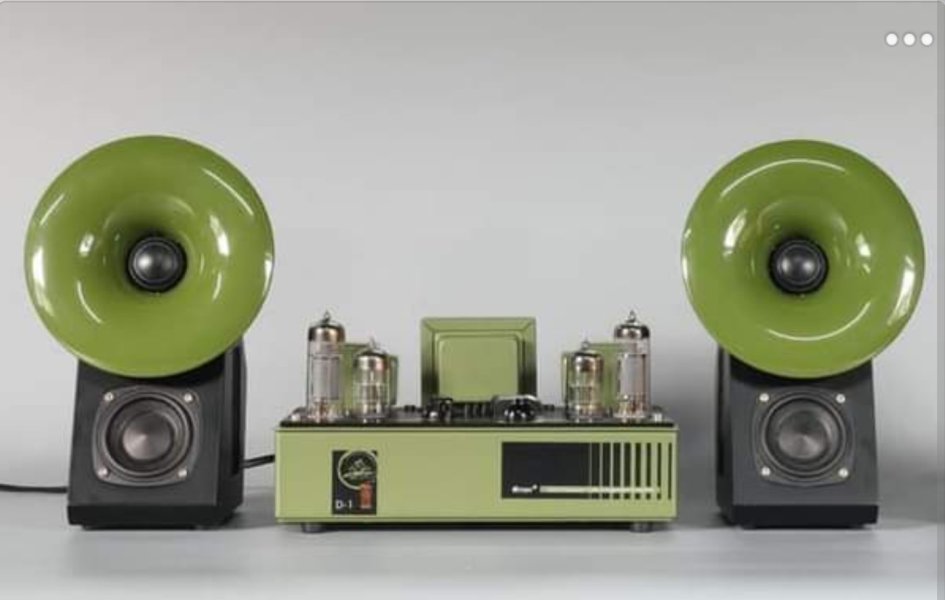Respectfully, Ralph, because you disagree with this does not necessarily make it a myth or a falsehood. I agree from an objective engineering sense that it is fair to treat it as a falsehood, because the diaphragm and the construction materials of the loudspeaker don't know the original instruments whose sound waves it is propagating.
Subjectively I believe that different speaker topologies are more or less convincing at reproducing different kinds of music. For example, I have said many times that there is something about the way that horn loudspeaker drivers move air and propagate sound which is consonant with, and especially convincing of, the way that horn instruments themselves move air and make their sounds.
On the best system I think I have ever heard for reproducing jazz music and classical music (Avantgarde Trio G3, AG Basshorns, Wilson Benesch iGxes, VAC Statement line stage, EMIA autoformer, Continuum Caliburn, Analog Relax EX2000, EMIA step-up), its marked superiority on jazz and on classical vanished on girl with guitar vocals.
To my ears there is something about planar dipoles which throws a more convincing illusion of somebody singing to me in my room than any other loudspeaker topology.
So, I truly do believe that different types of music sound more or less convincing on different types of loudspeakers.
Your observations come more from a lack of experience and not using good music or recordings to audition. The right horns are superior to ribbons on vocals and cones on rock. You won’t realise this with fields of gold though
Last edited:















